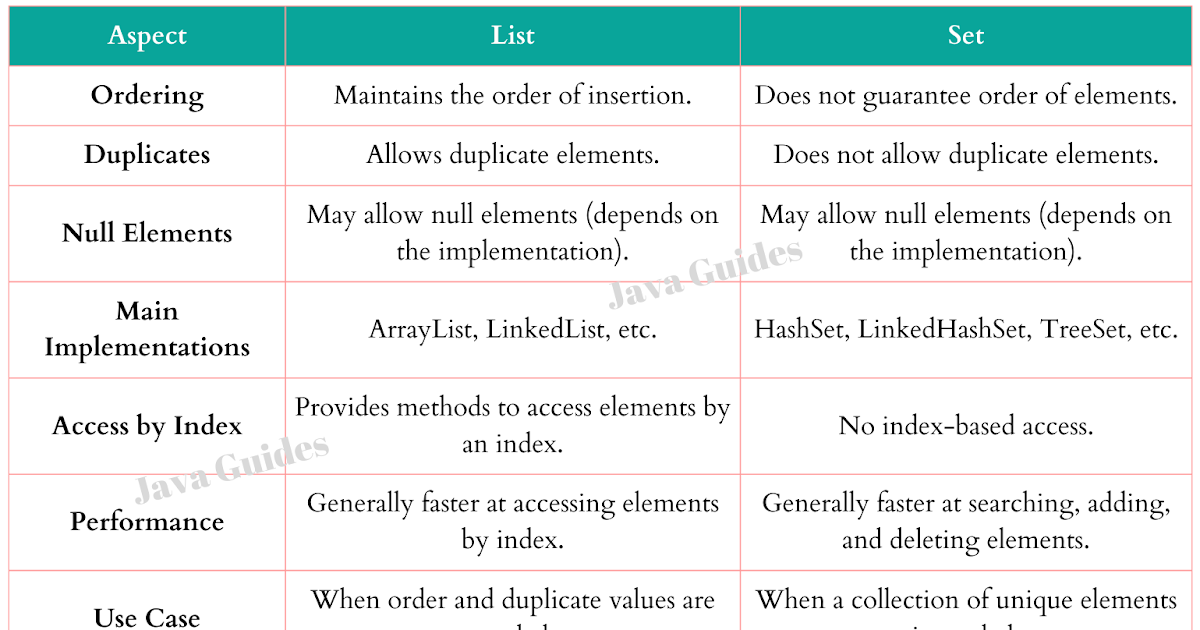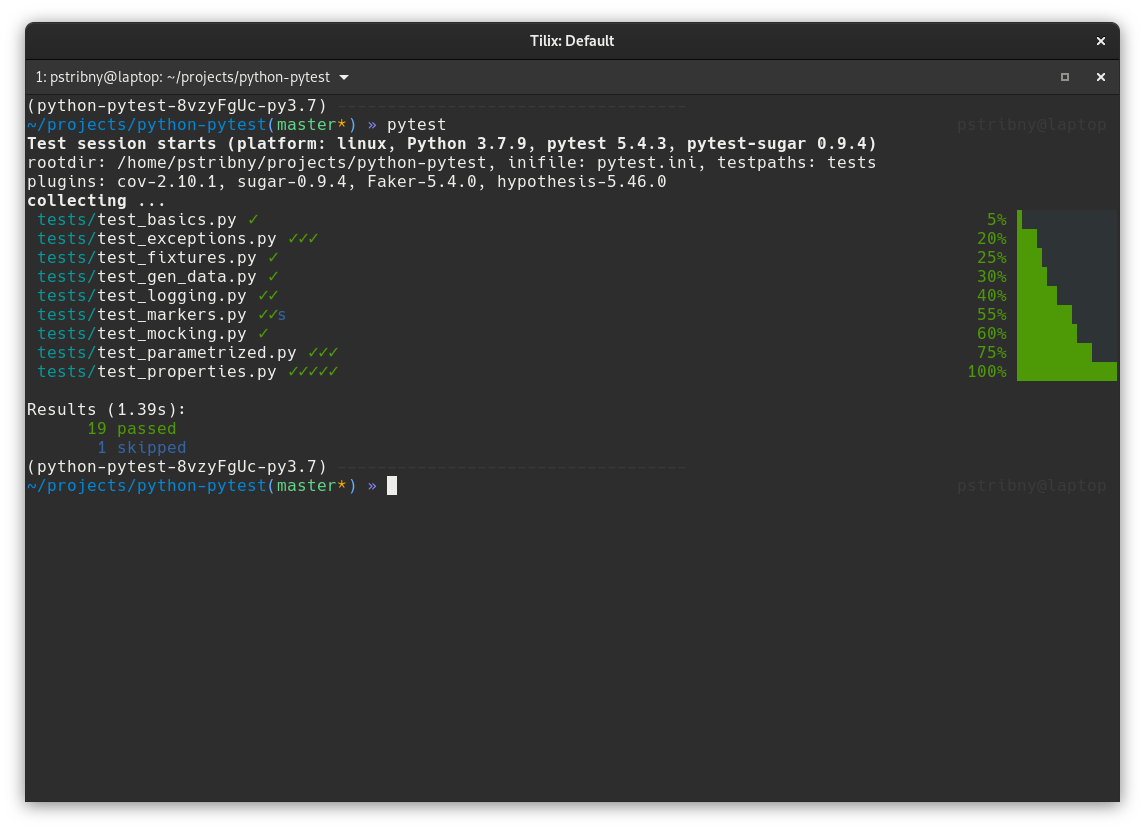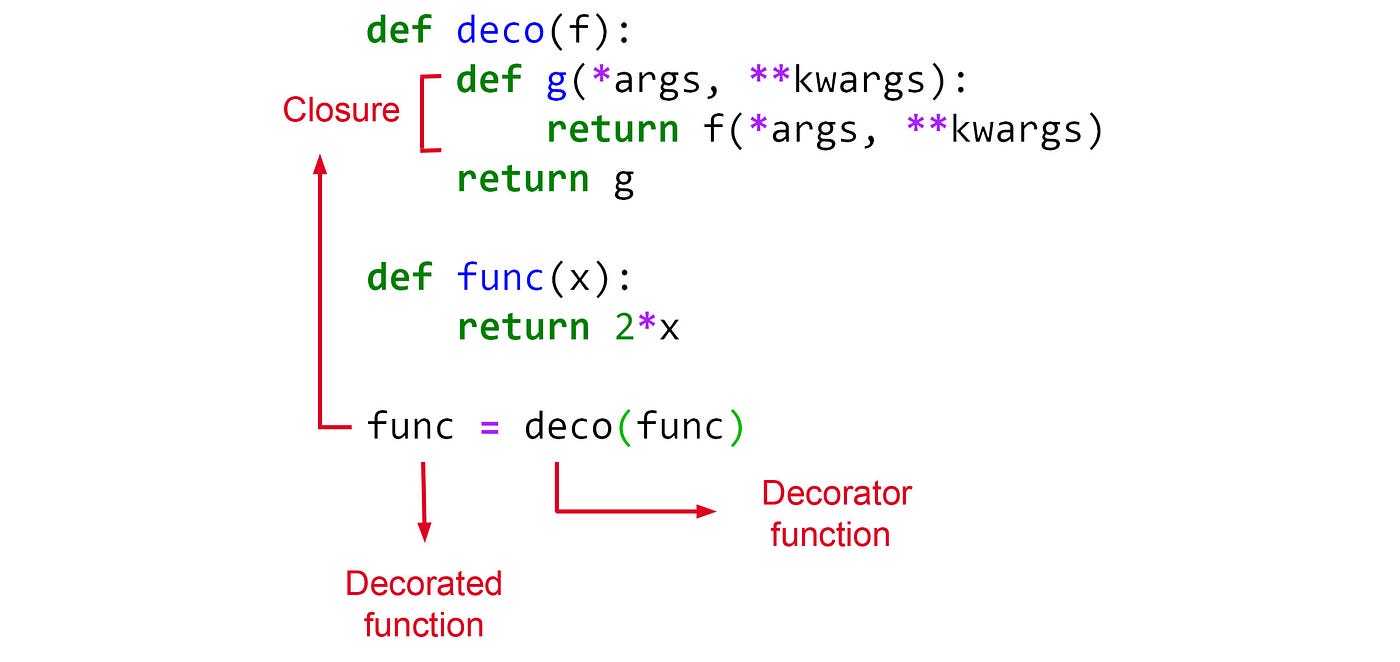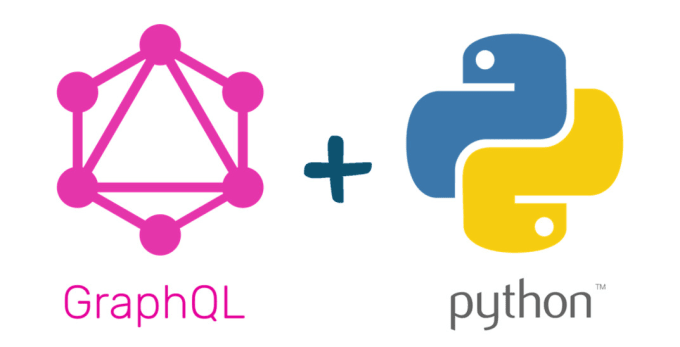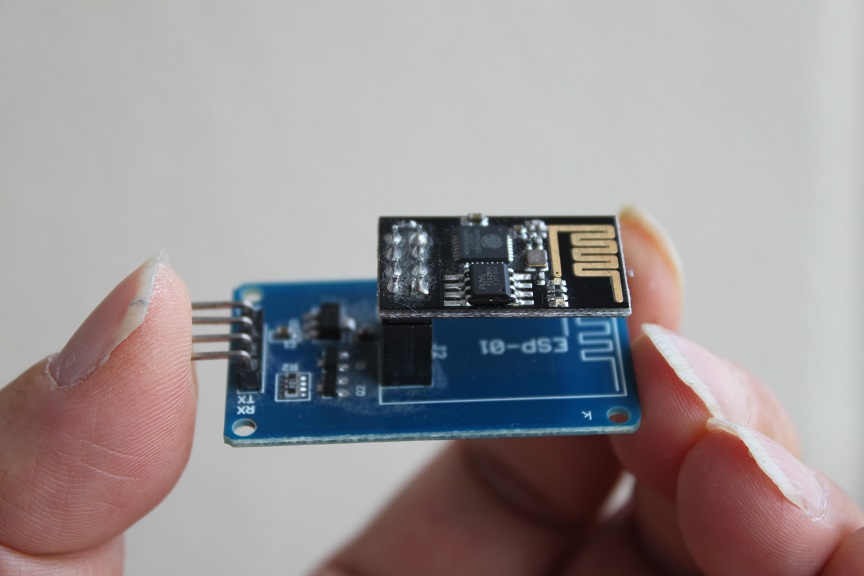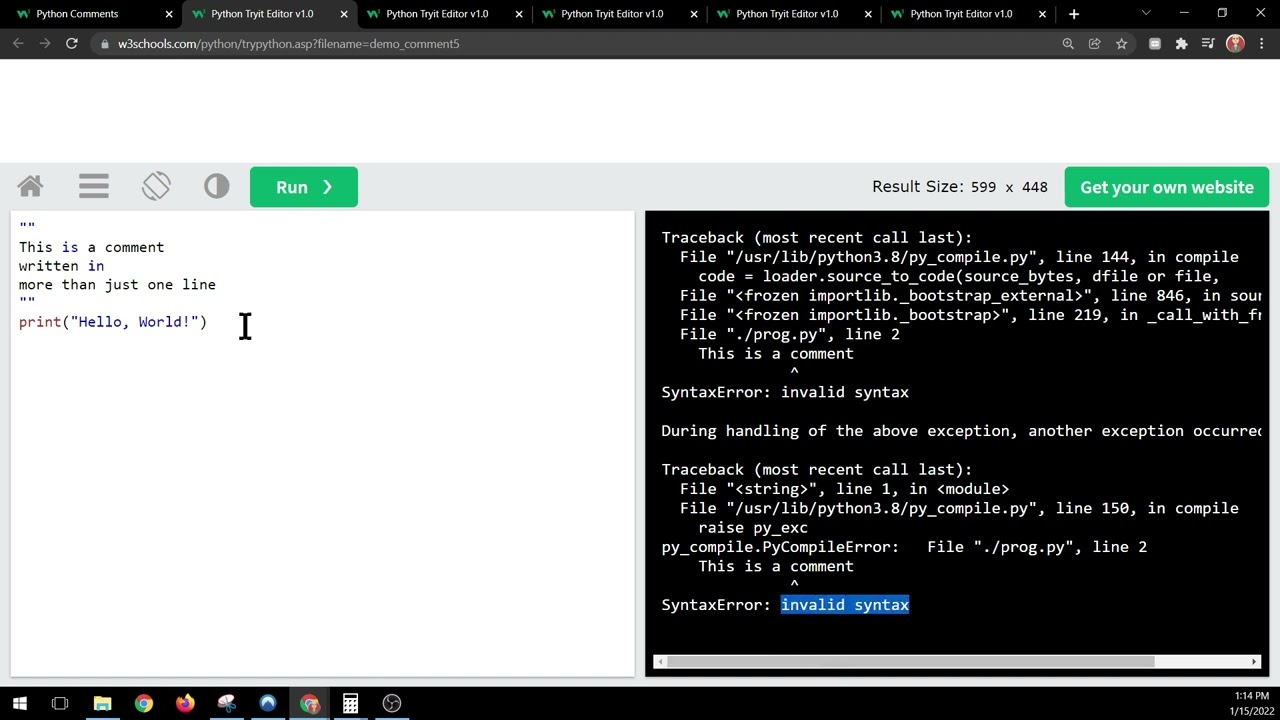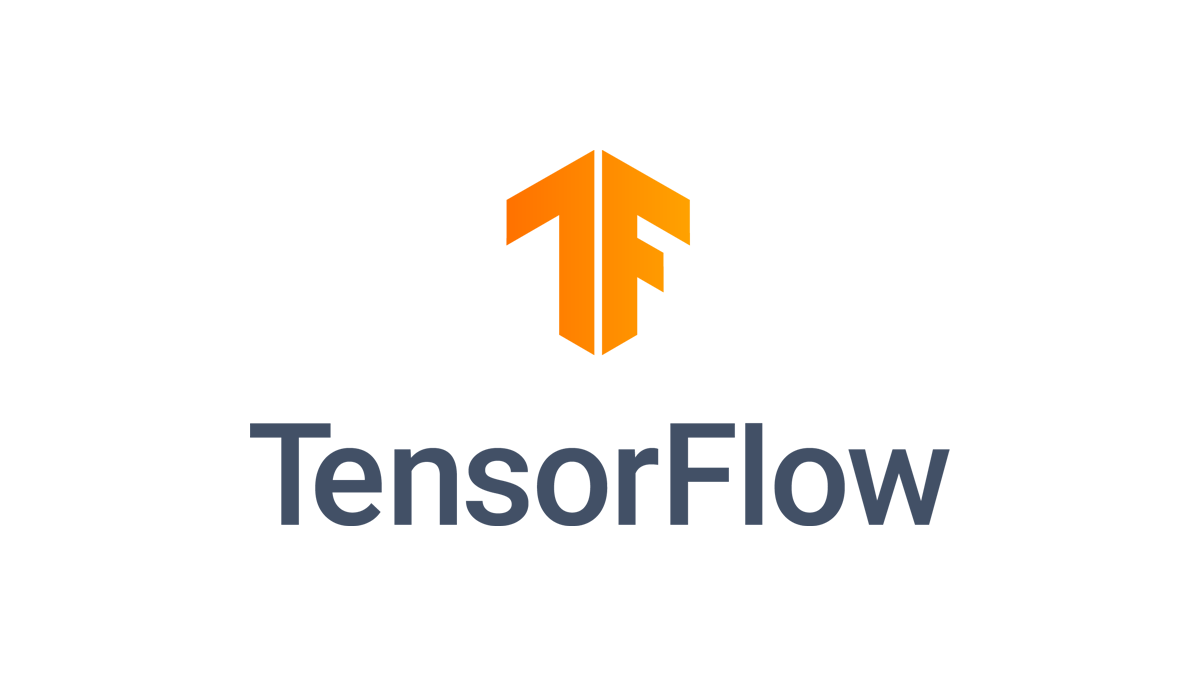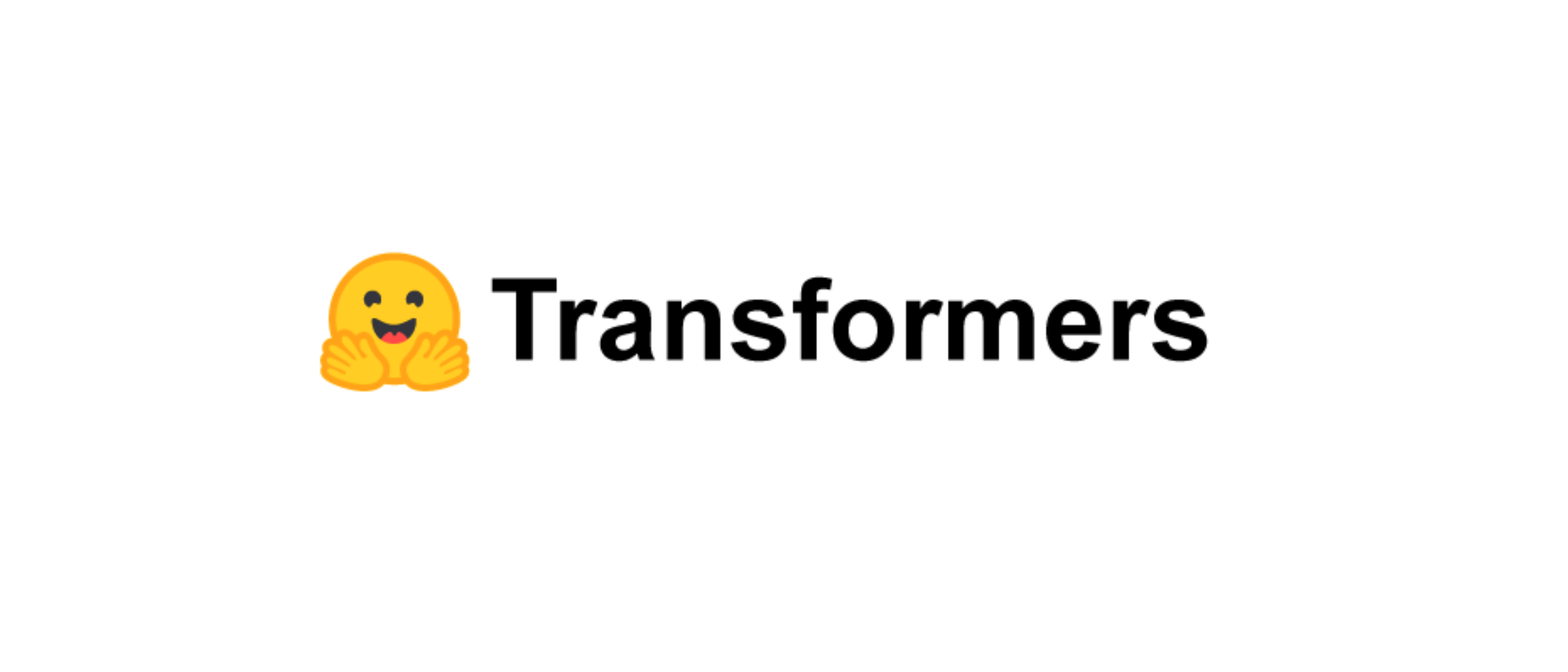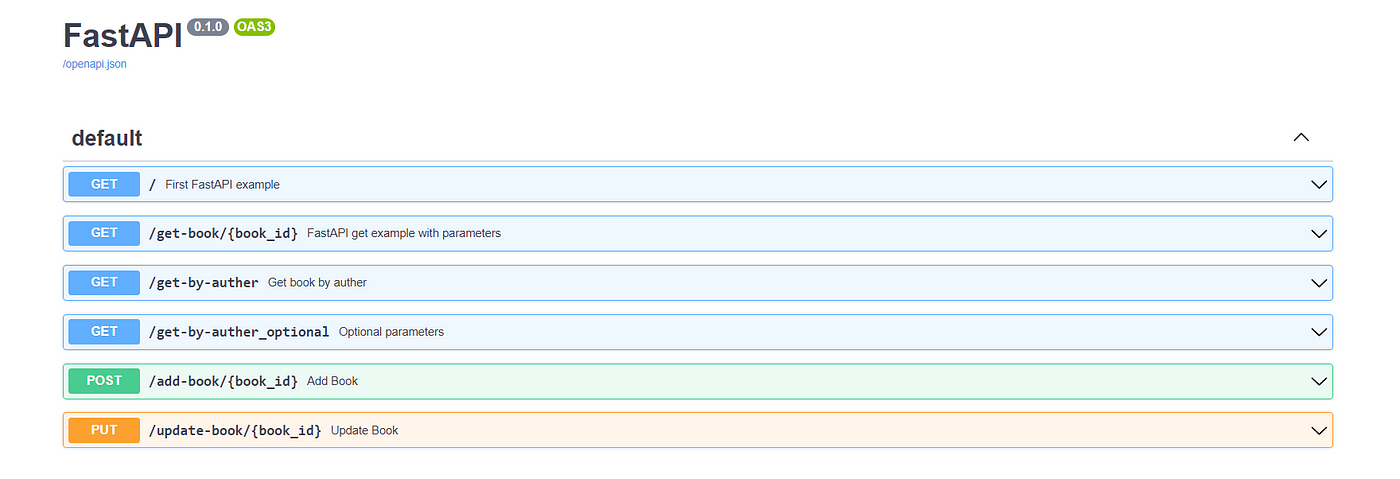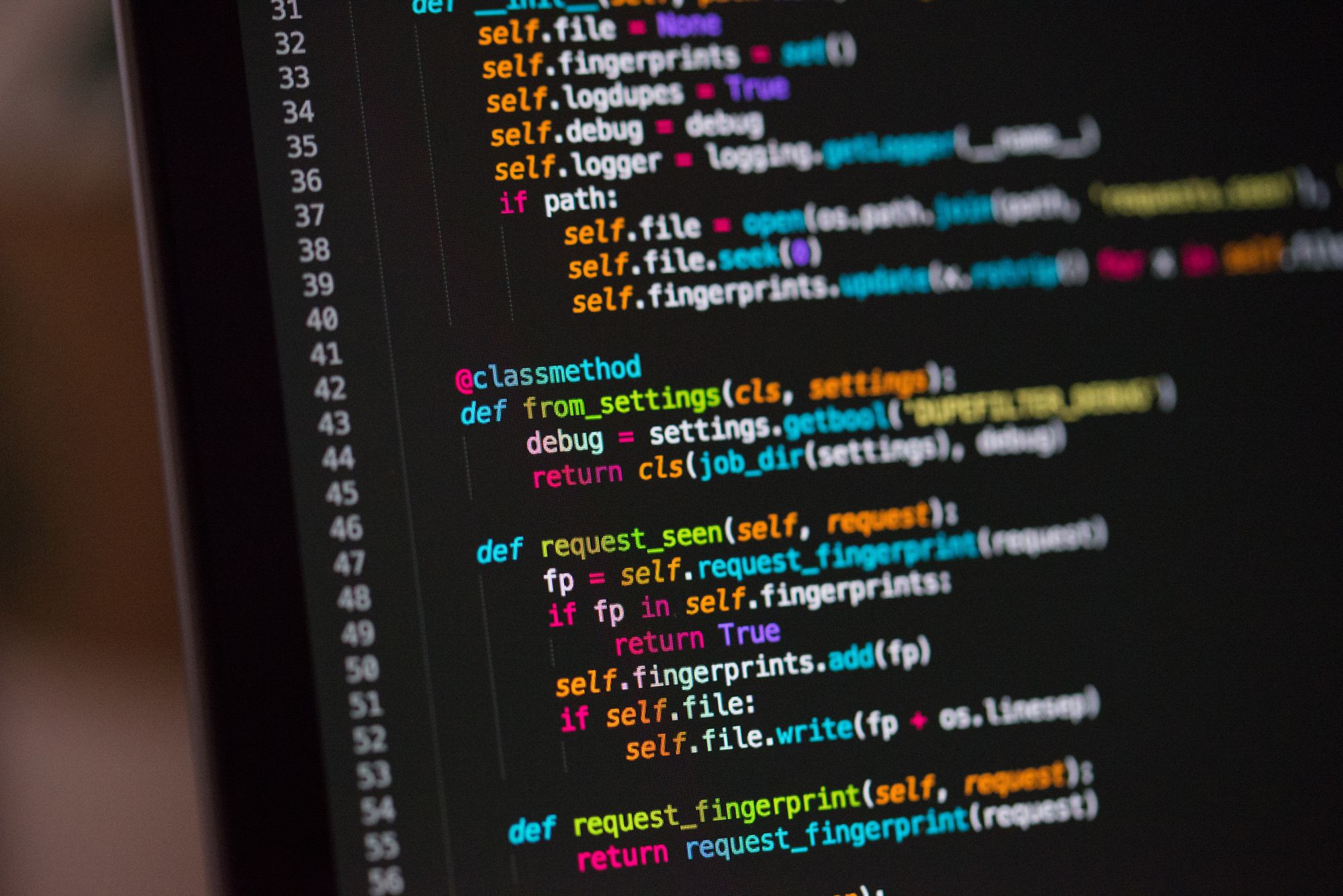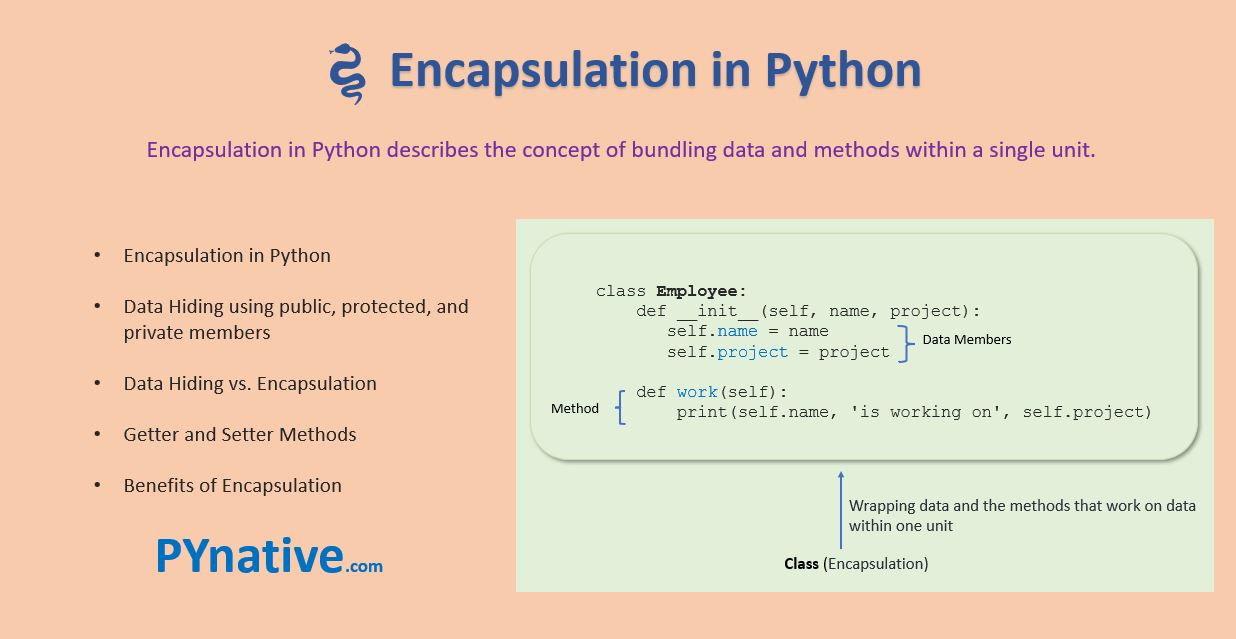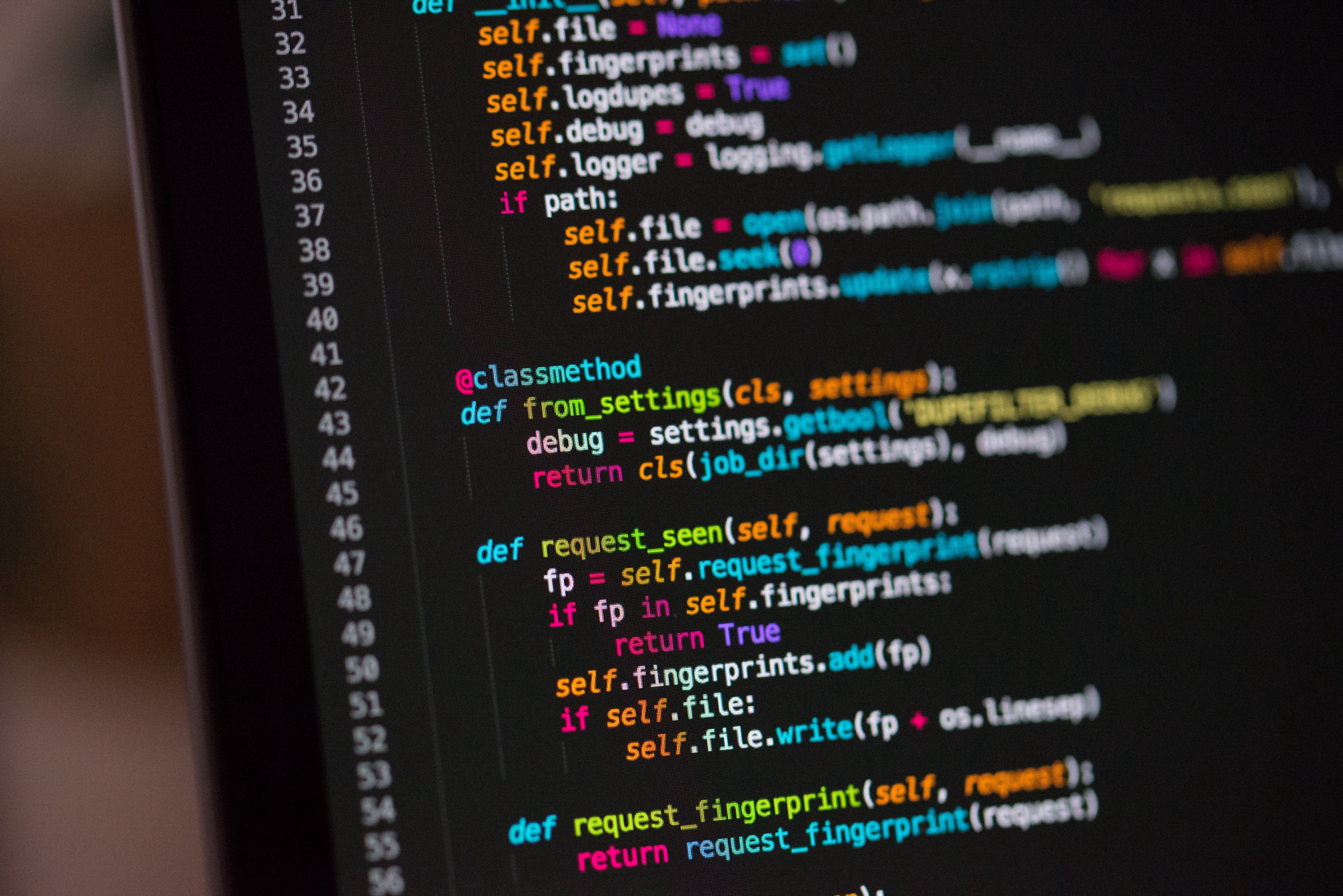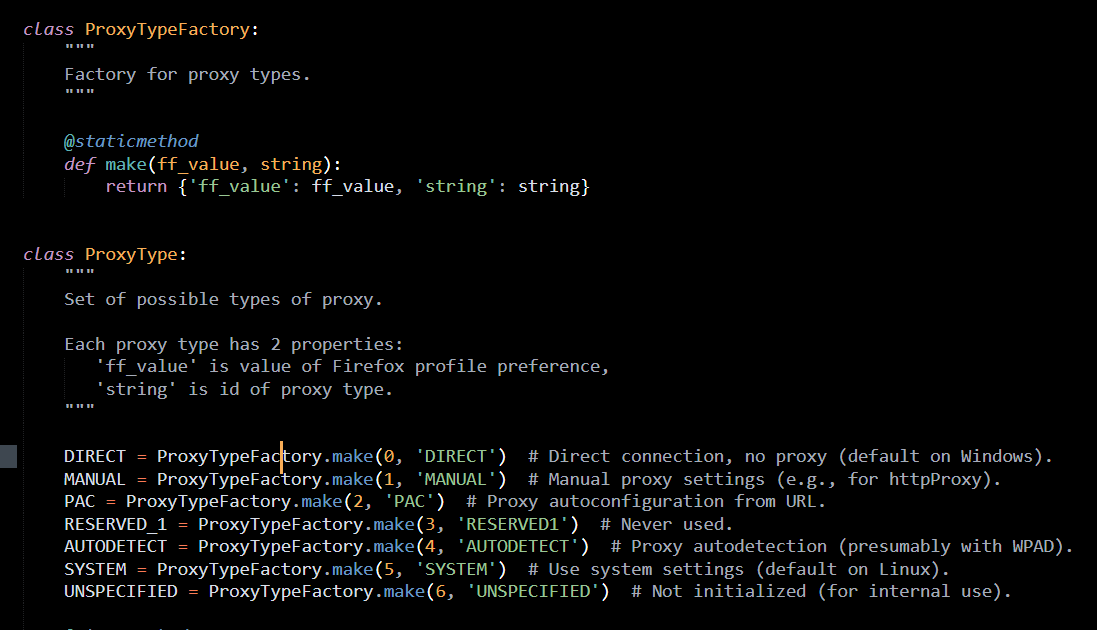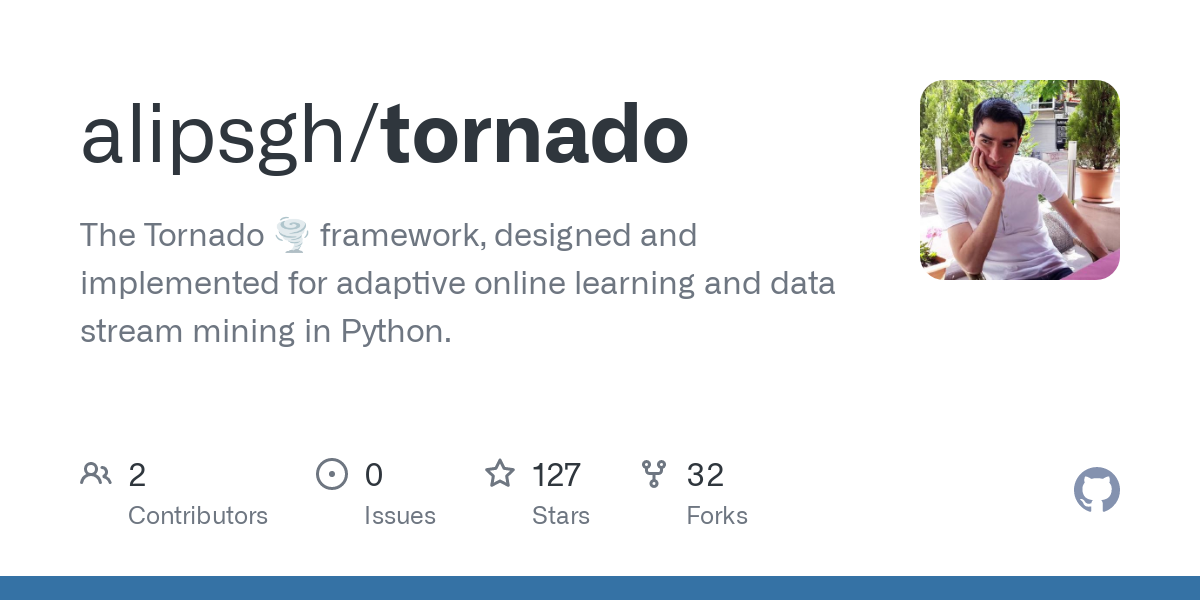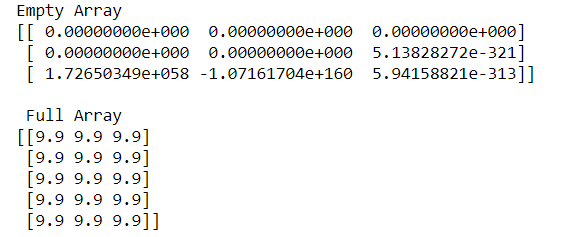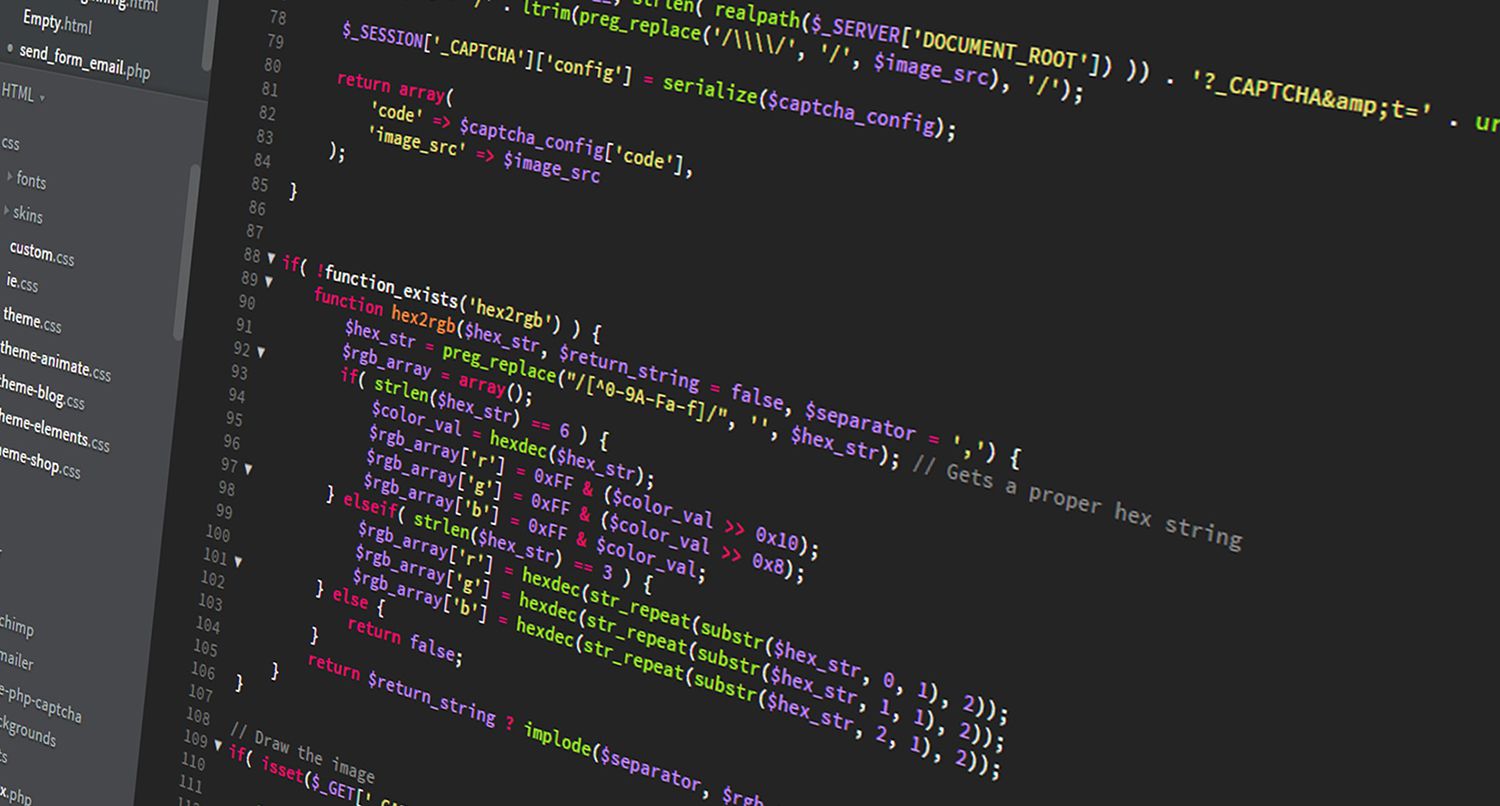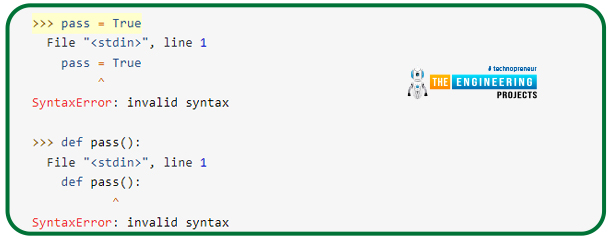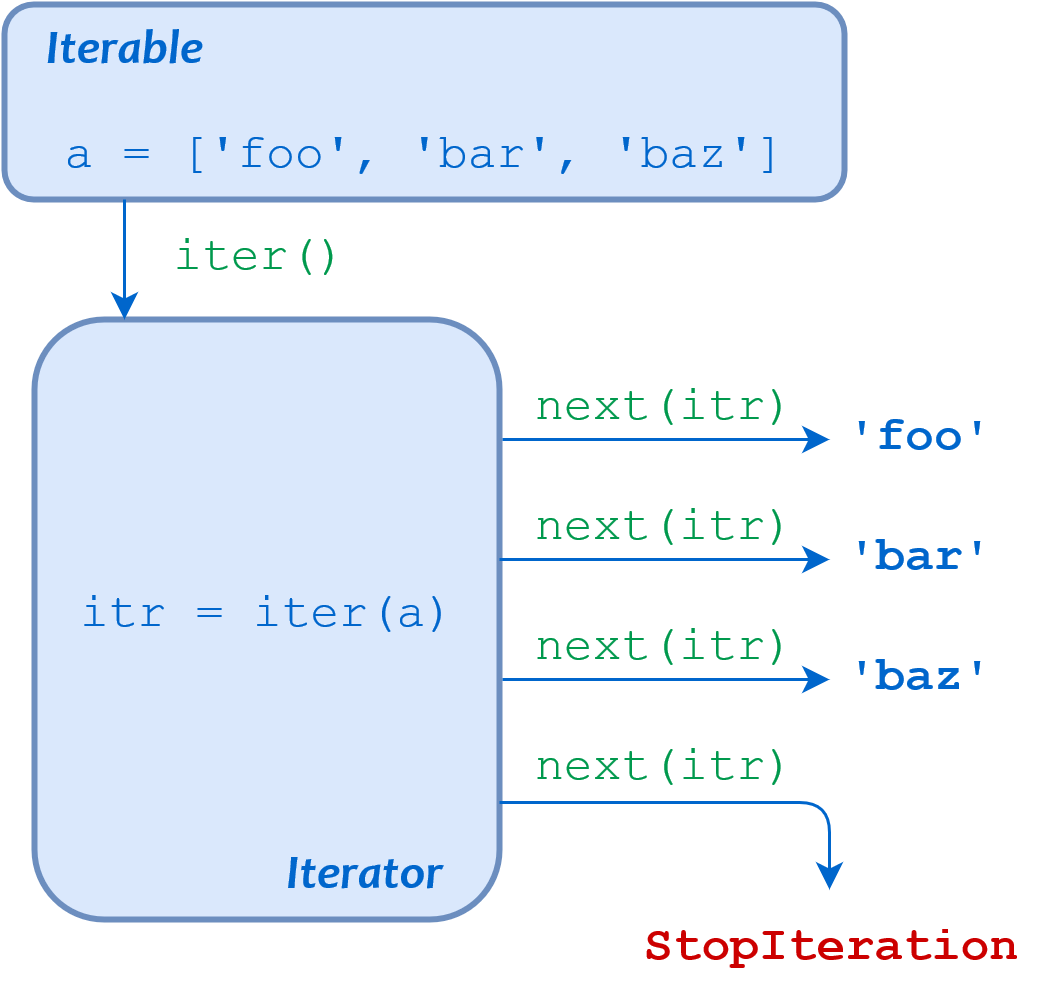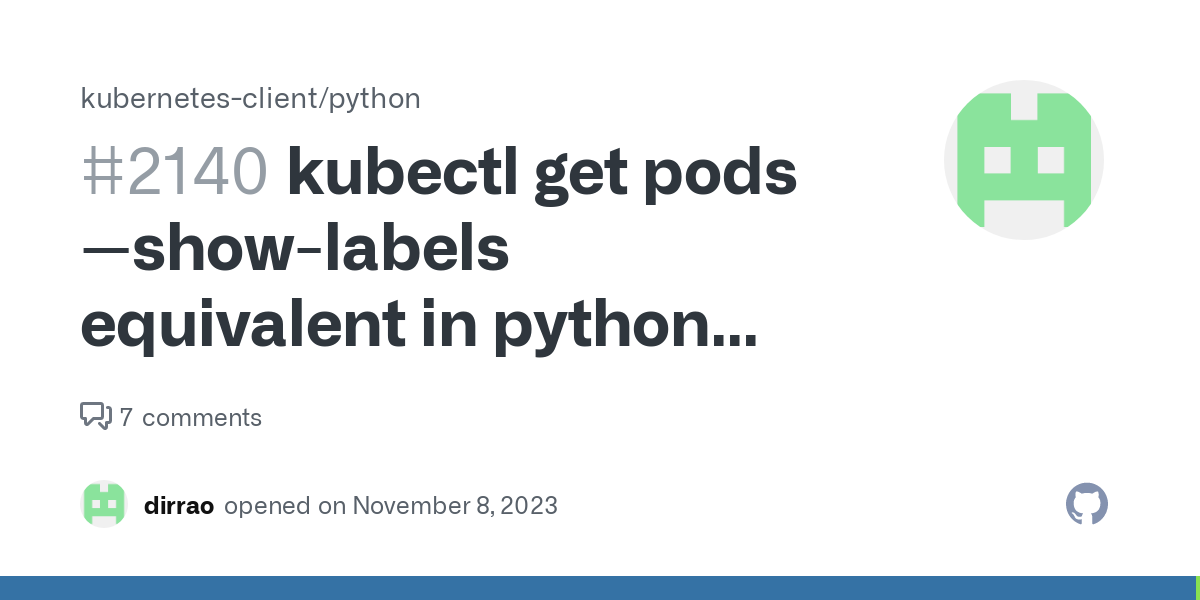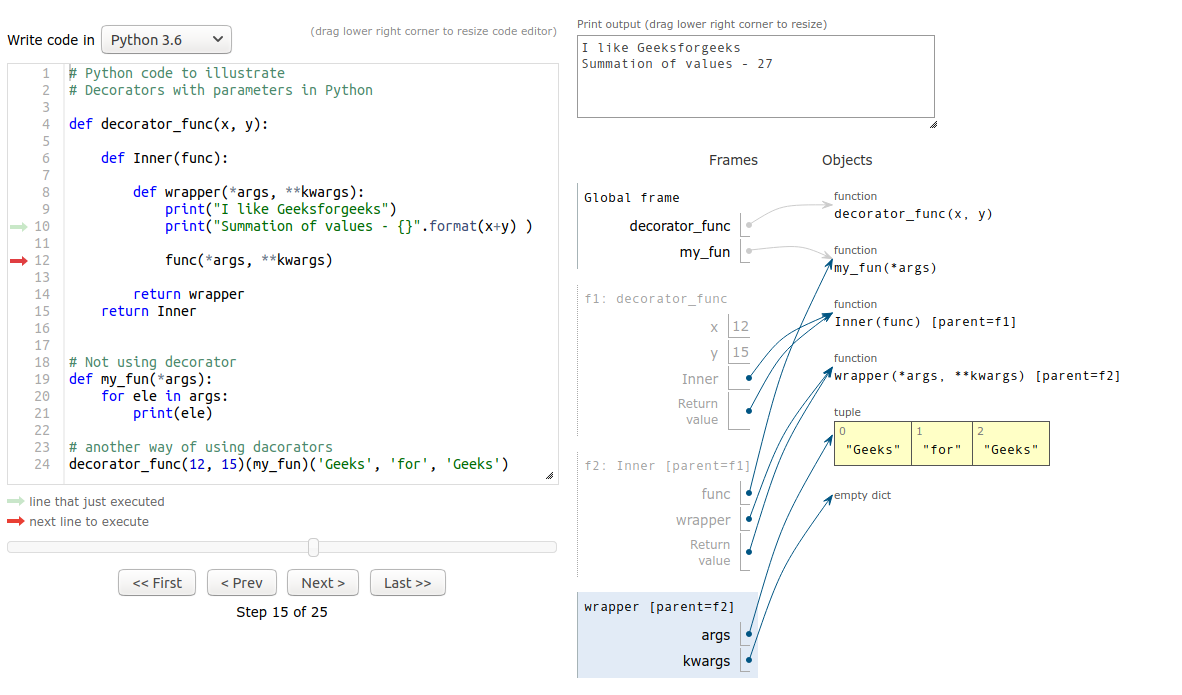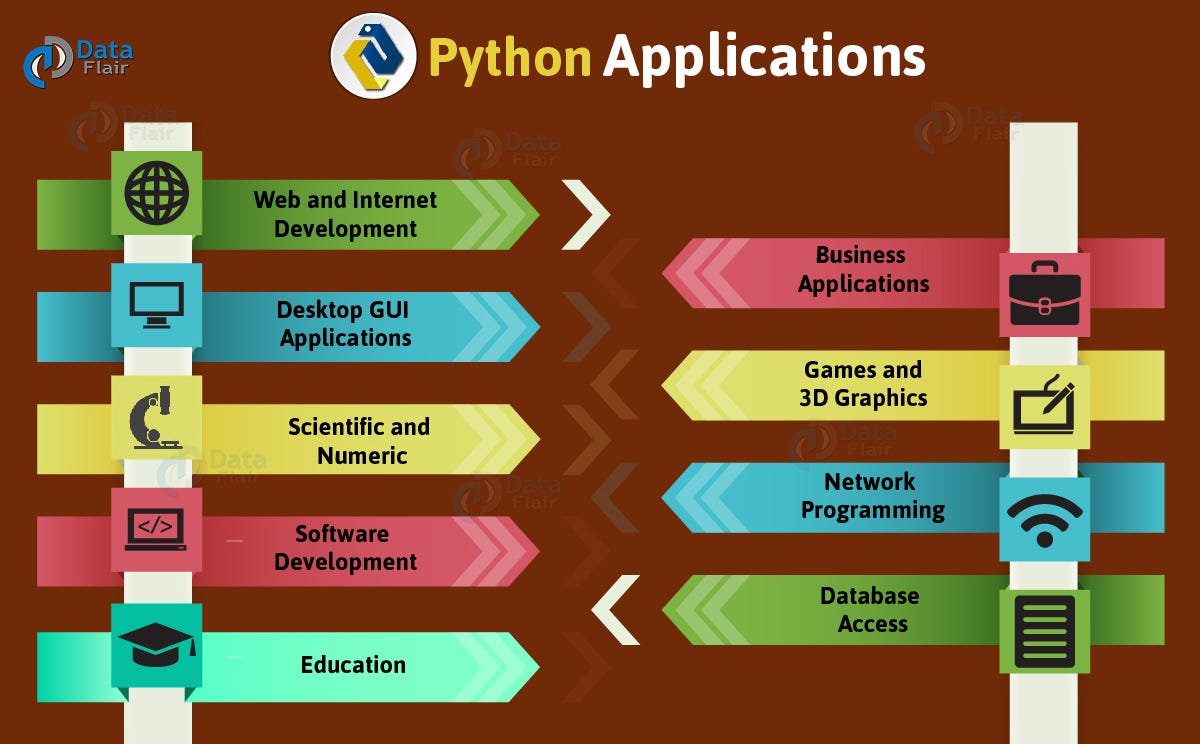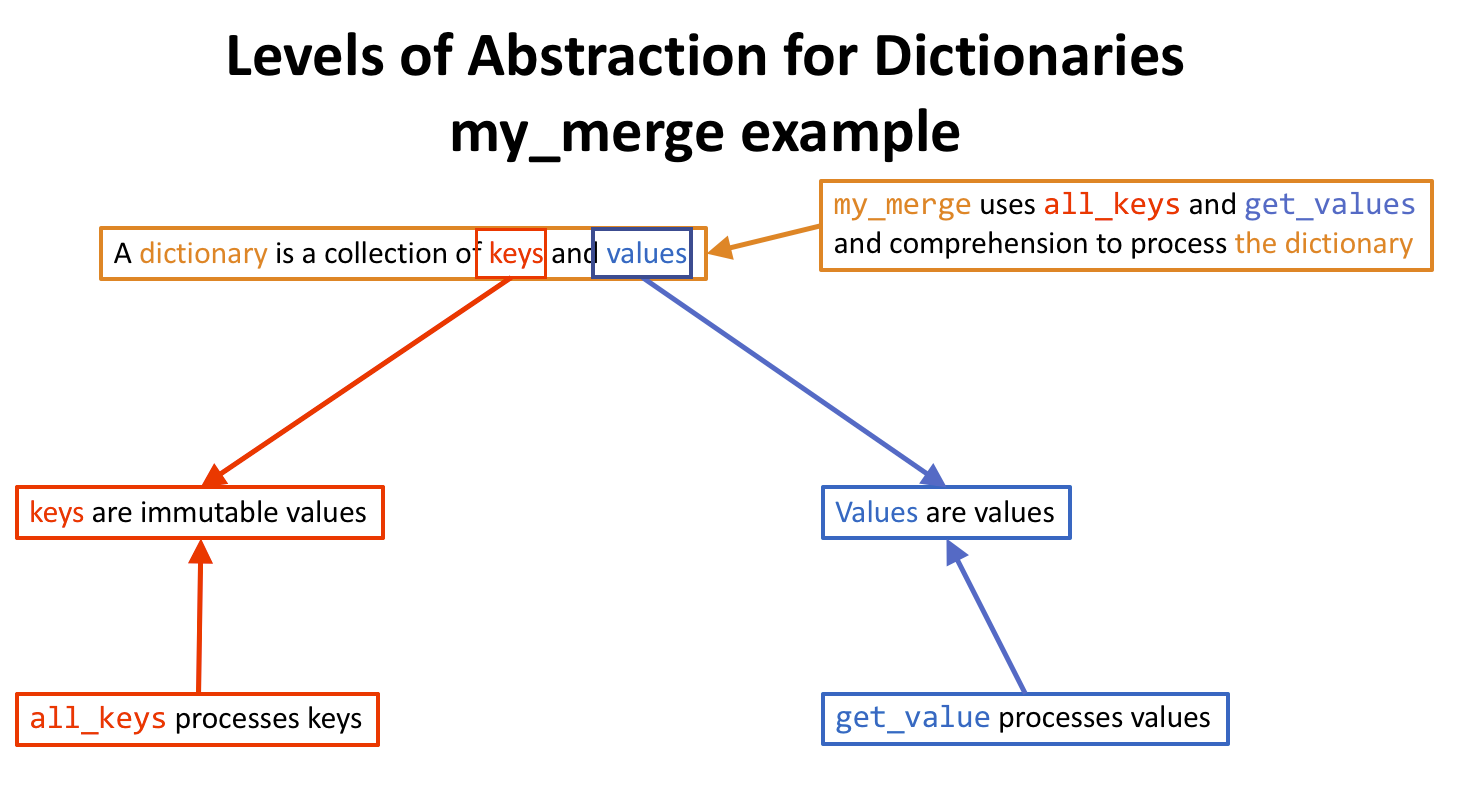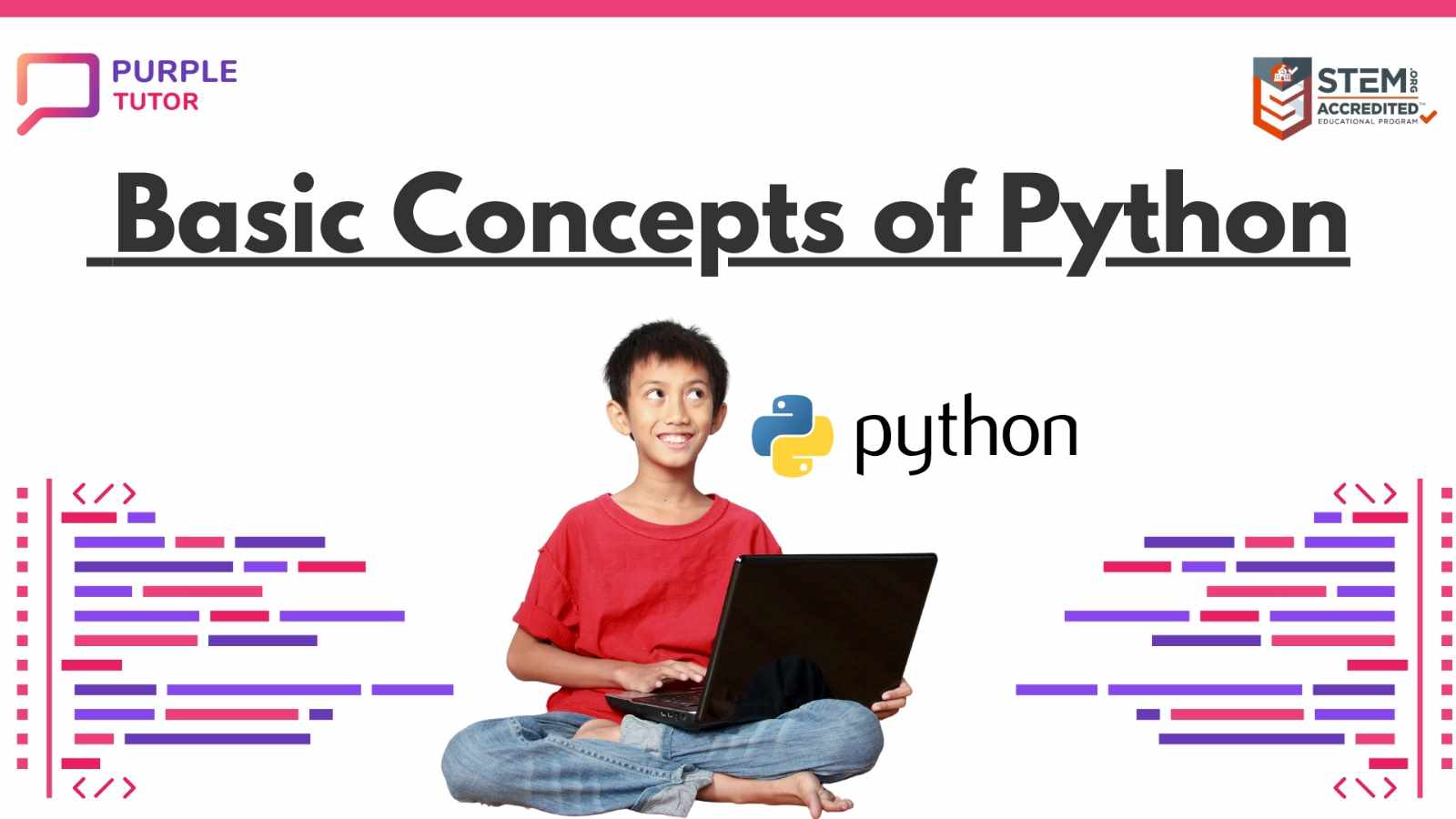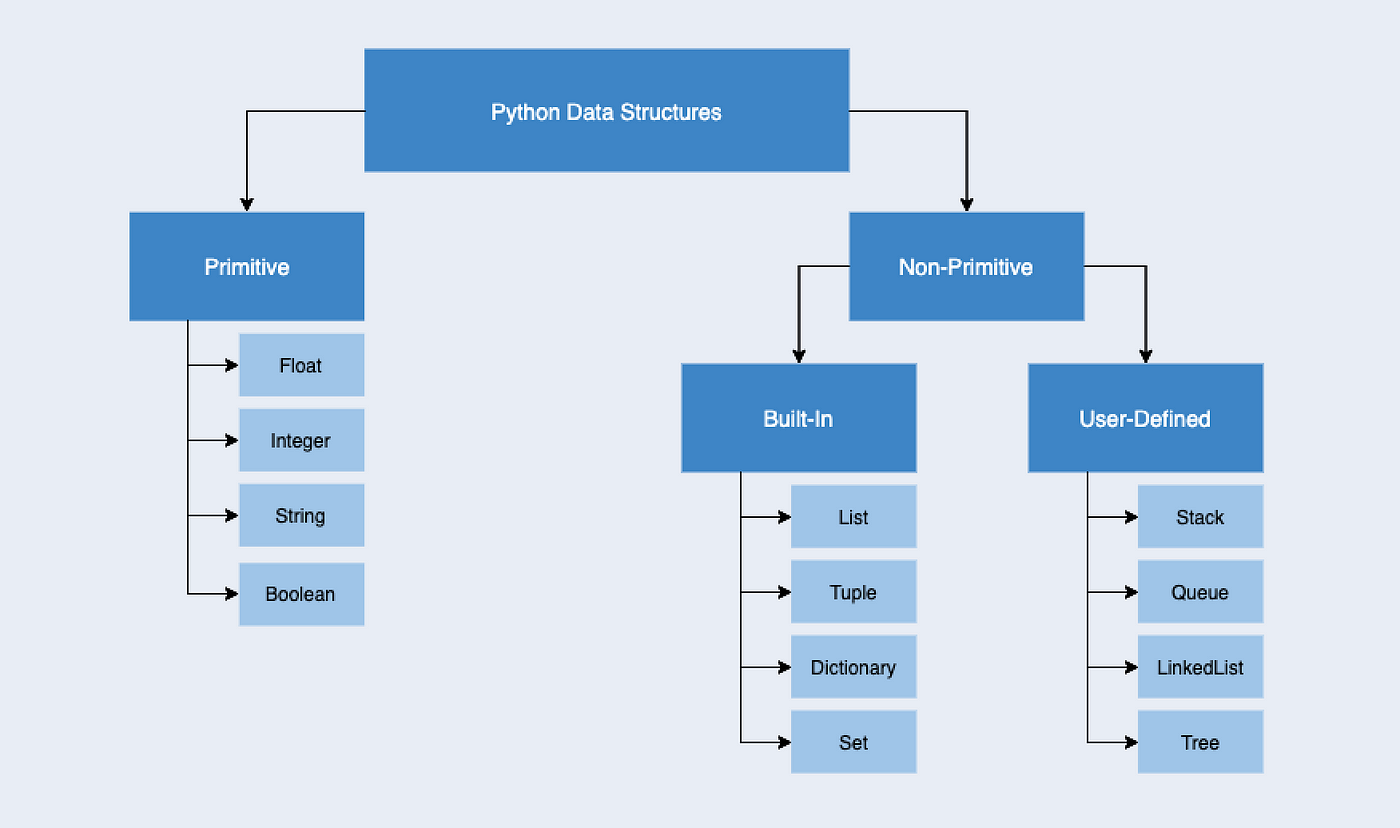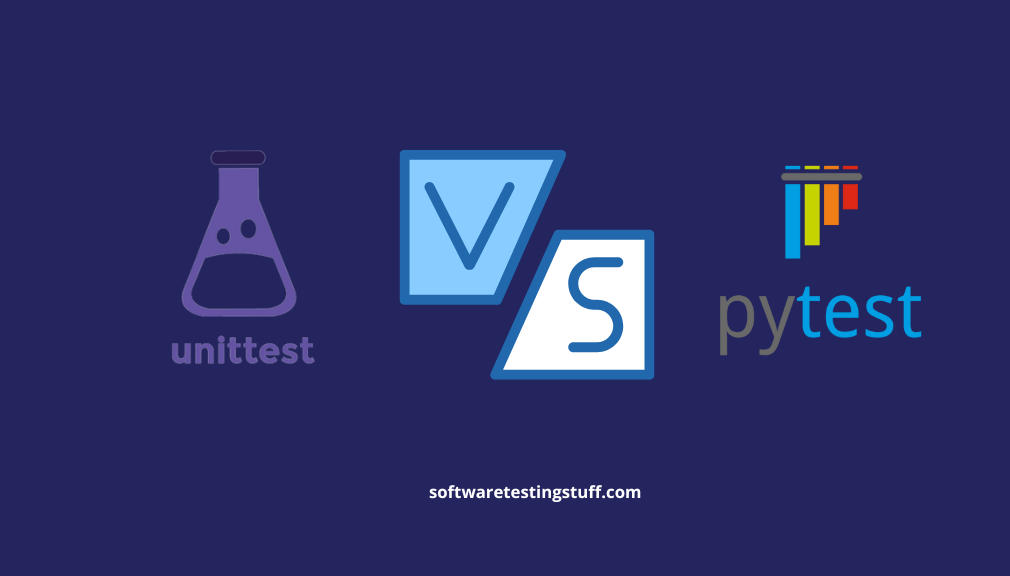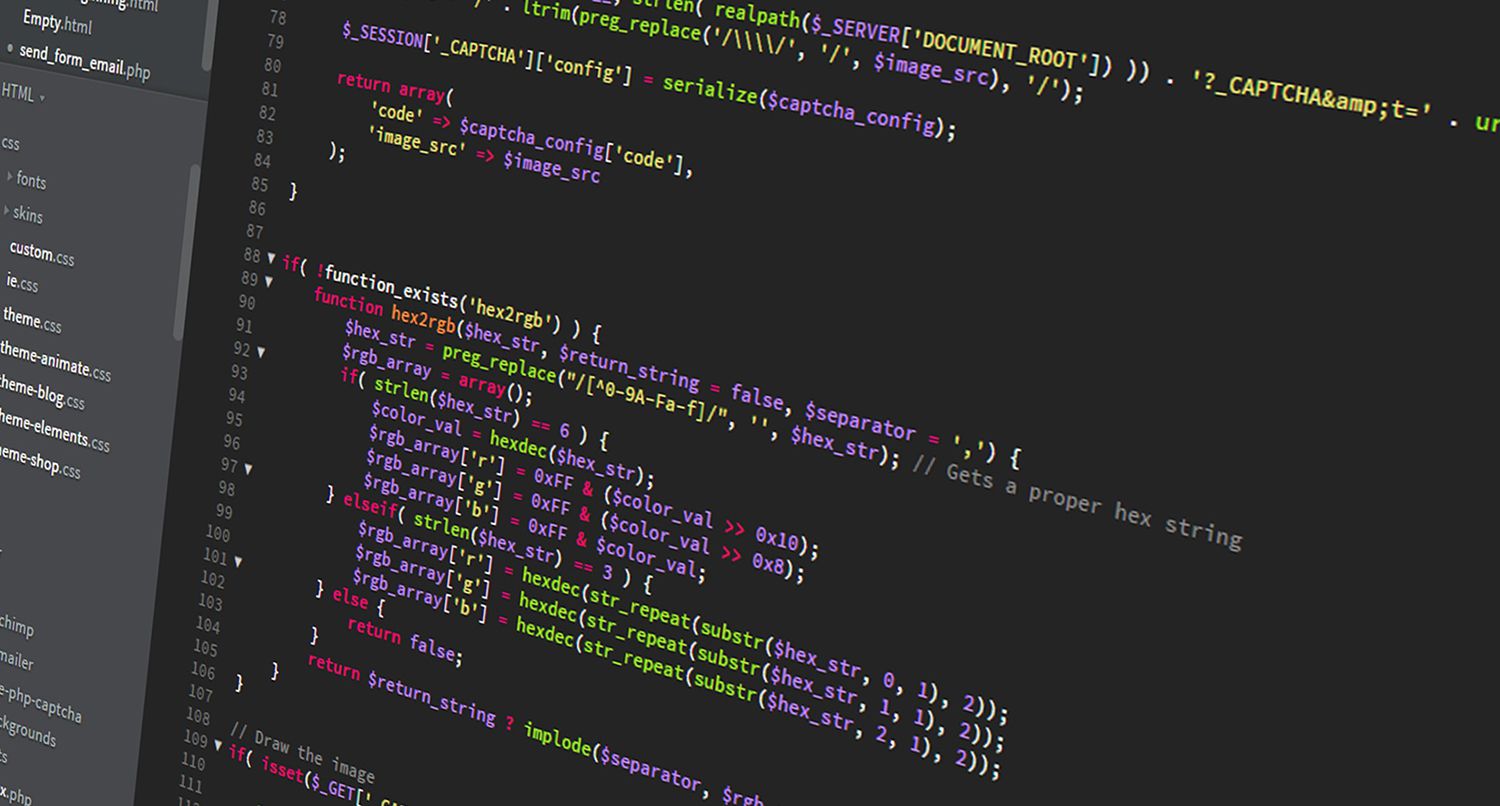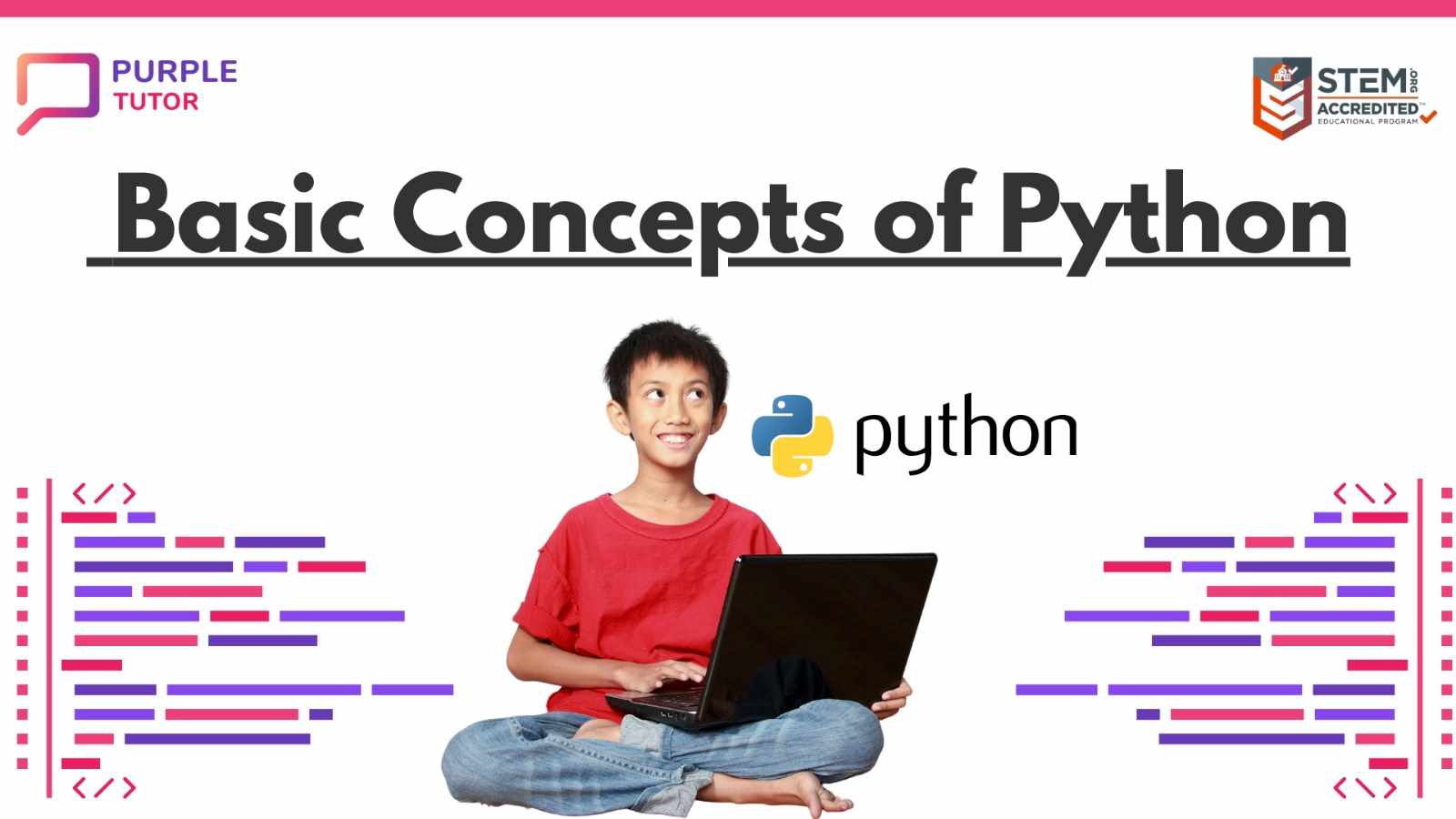30 days of Python roadmap
30 days of Python roadmap
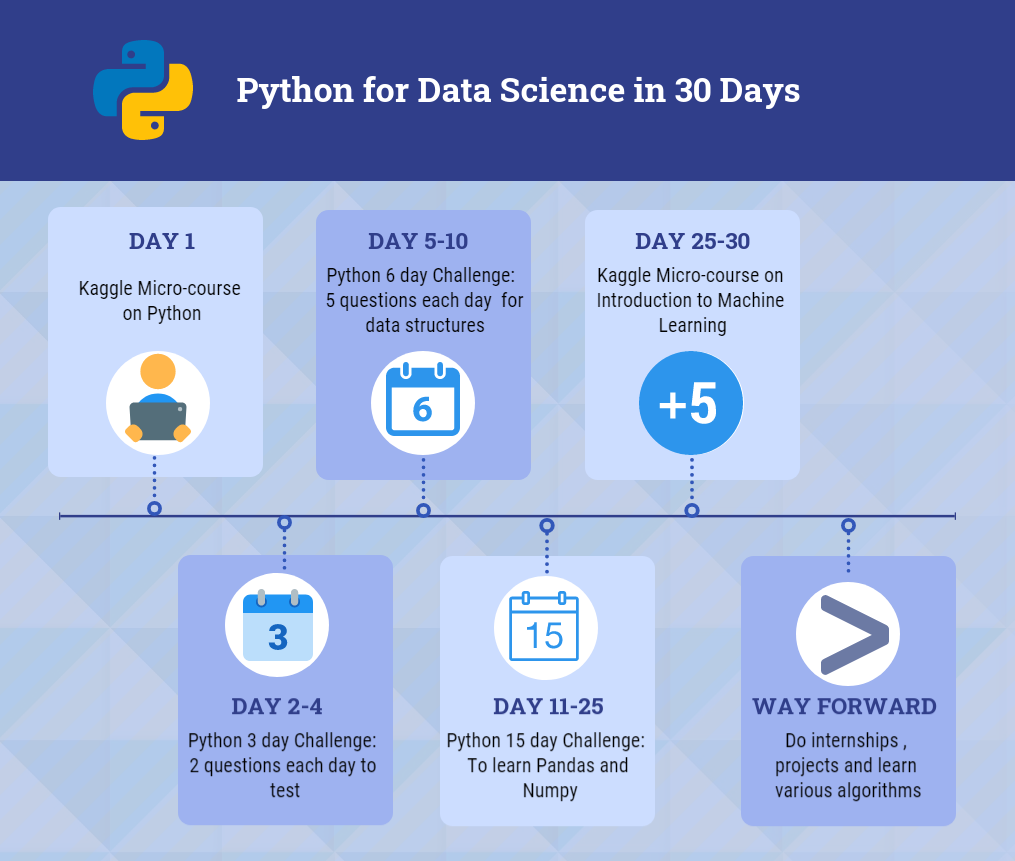
I'd be happy to provide a 30-day Python roadmap for you! Here's a suggested plan:
Day 1-3: Setting up and Basics
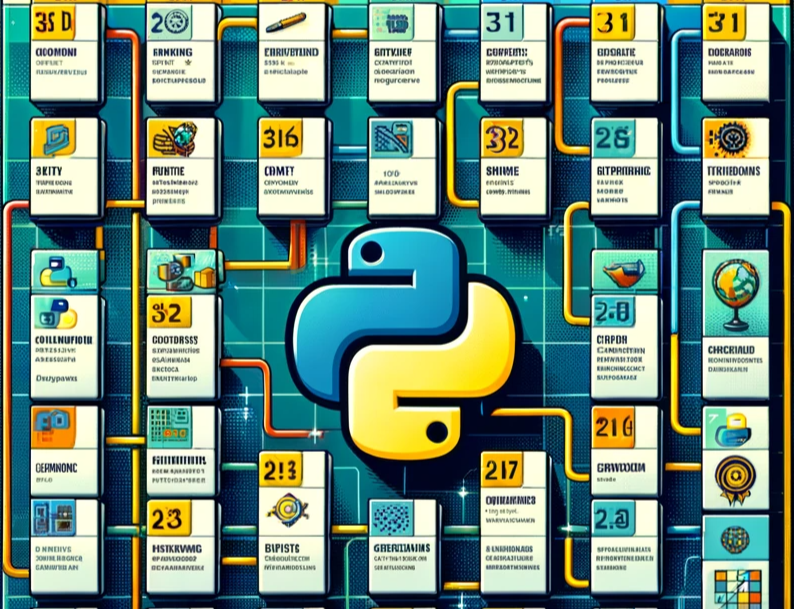
Day 4-6: Functions and Modules
Learn to define and use functions in Python Understand how to import and use external modules like math, statistics, or datetime Practice writing your own functions and using modules in different scenariosDay 7-9: Data Structures and Algorithms
Learn about basic data structures like lists, tuples, dictionaries, and sets Study common algorithms like sorting, searching, and manipulating data structures Apply data structures and algorithms to real-world problems or gamesDay 10-12: File Handling and Persistence
Learn how to read and write files in Python using various formats (text, CSV, JSON, etc.) Understand the concept of serialization and deserialization for storing and retrieving data Practice working with files and storing data using popular libraries like Pandas or NumPyDay 13-15: Working with Data
Learn to work with datasets using libraries like Pandas or NumPy Study data manipulation techniques, such as filtering, sorting, and grouping data Practice analyzing data using popular visualization tools like Matplotlib or SeabornDay 16-18: Web Development and APIs
Learn the basics of web development in Python using Flask or Django Understand how to create RESTful APIs and work with JSON data Practice building simple web applications and interacting with APIsDay 19-21: Machine Learning and AI
Learn the basics of machine learning in Python using popular libraries like Scikit-learn or TensorFlow Study supervised and unsupervised learning techniques, such as classification, regression, clustering, and more Practice working with datasets to train models and make predictionsDay 22-24: Automation and Scripting
Learn how to automate tasks and workflows in Python using scripts or batch files Understand how to schedule tasks using popular libraries like Schedule or APScheduler Practice automating repetitive tasks or processes using PythonDay 25-27: Testing and Debugging
Learn the basics of testing frameworks like PyUnit, Nose, or Unittest Study best practices for writing tests and debugging code Practice testing your own projects and identifying common errorsDay 28-30: Final Project and Review
Choose a project idea that incorporates skills learned throughout the month Implement the project using Python and popular libraries Review and reflect on the entire journey, solidifying your understanding of key concepts and techniquesRemember to practice regularly, join online communities or forums for help when needed, and keep an open mind to learning new concepts. Good luck!
30 days of Python LeetCode
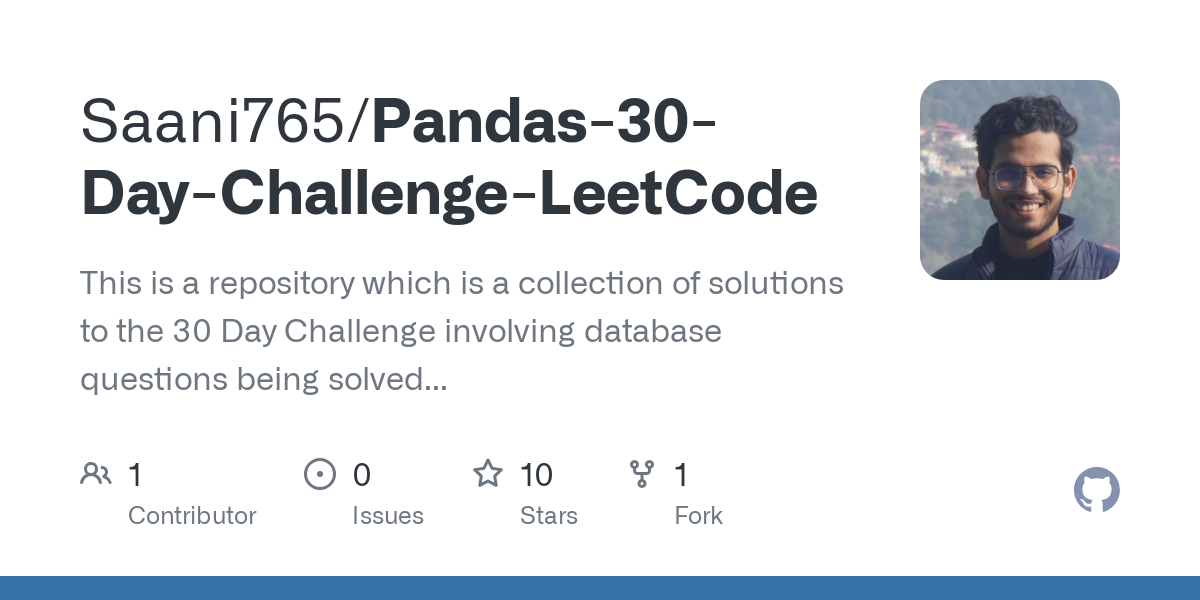
I'd be happy to provide a detailed response in English for the next 30 days. Here's my approach:
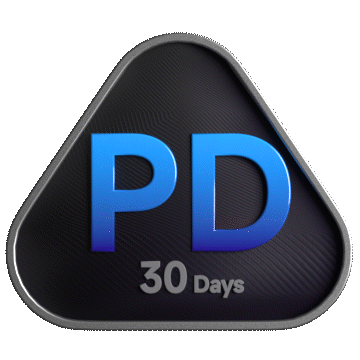
Day 1-5: Introduction and Basic Concepts
In these first five days, I'll introduce you to the basics of Python programming and LeetCode problem-solving techniques. We'll start with fundamental concepts such as data types (strings, lists, dictionaries), control structures (if-else statements, for loops), functions, and error handling.
Some key points to keep in mind:
Consistent naming conventions: Use descriptive names for variables, functions, and classes. Code readability: Indentation and spacing can make or break code readability. Testing: Write test cases to ensure your code works as expected.Day 6-15: Algorithms and Data Structures
The next ten days will focus on algorithms and data structures essential for solving LeetCode problems efficiently. We'll cover topics like:
Sorting and searching: Implementing sorting algorithms (e.g., quicksort, mergesort), binary search, and other related concepts. Dynamic programming: Solving dynamic programming-based problems using memoization and tabulation. Greedy algorithms: Applying greedy strategies to solve optimization problems.Some LeetCode problem examples we'll tackle during this period:
"Maximum Subarray" (Max SubArray Sum) "Reverse Linked List" "Sum of Left Leaves"Day 16-25: LeetCode Problems and Analysis
For the next ten days, I'll help you work through a series of LeetCode problems, providing explanations and insights for each problem. We'll analyze the solutions, discussing trade-offs between time complexity and space complexity.
Some LeetCode problems we'll solve during this period:
"Two Sum" "Remove Duplicates from Sorted Array" "Valid Parentheses"Day 26-30: Advanced Topics and Best Practices
In the final five days, I'll cover more advanced topics in Python programming and provide best practices for solving LeetCode problems effectively. We'll explore areas like:
Graph theory: Understanding graph representations (adjacency matrices, adjacency lists) and implementing algorithms for traversing graphs. Bit manipulation: Using bitwise operators to solve problems efficiently. Error handling and debugging: Strategies for identifying and fixing errors in your code.Some LeetCode problems we'll tackle during this period:
"Sudoku Solver" "Minimum Window Substring" "Minimum Path Sum"Throughout these 30 days, I'll strive to provide detailed explanations, examples, and practice problems to help you improve your Python programming skills and LeetCode problem-solving abilities. Let's get started!
